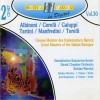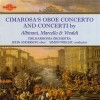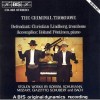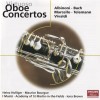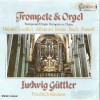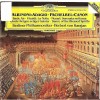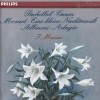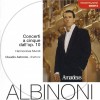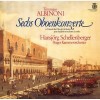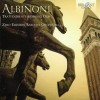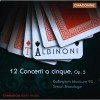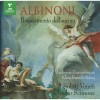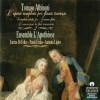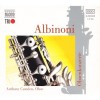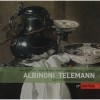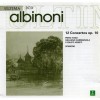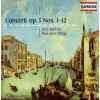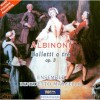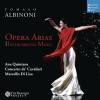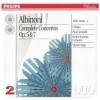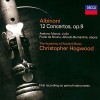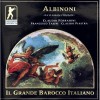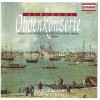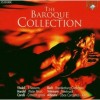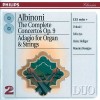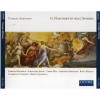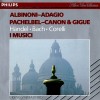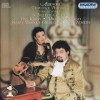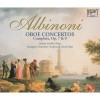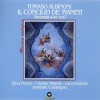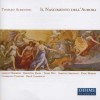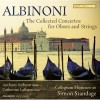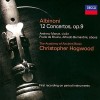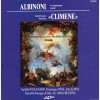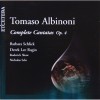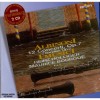Biography
Tomaso Giovanni Albinoni was a Venetian Baroque opera composer and was mostly remembered for his instrumental music, especially his oboe concertos. Albinoni’s other instrumental music was also recorded regularly.
Giovanni Albinoni instrumental music especially attracted the attention of Johann Sebastian Bach, who was also an opera composer and wrote at least two fugues on Albinoni's themes and constantly used his basses for harmony exercises while he was teaching his pupils.
Albinoni was born on 8th June, 1671, in a family of a wealthy paper merchant in Venice. Albinoni was very fond of studying violin and singing. Unlike many other opera composers of his time, Tomaso Albinoni dis not want to get a post at a church or at nobles or royalty courts, instead he wanted to compose his music independently and without any support. Throughout his life, Albinoni wrote about fifty operas, of which 28 operas were produced in Venice, during the era of 1723 to 1740.
Most of Albinoni's work was lost in World War II, with the destruction of the Dresden State Library. There are not many Albinoni’s works saved, which presents Albinoni's contemporary stature as a composer. Most of Albinoni's work was related to the mid of 1720s or period in which he lived.
In 1694, Albinoni dedicated his Opus 1 to his fellow namely Pietro Ottoboni, who was an Italian Catholic cardinal and grandnephew of Pope Alexander VIII. Ottoboni is remembered as a great patron of music in the history.
Albinoni dedicated his second Opus collection of instrumental pieces to Charles IV, Duke of Mantua in 17 century. He later wrote his hugely popular suite Opus 3, which was dedicated to Cosimo III de' Medici, and Grand Duke of Tuscany in 1701. In 1705 Albinoni got married to Antonino Biffi. Albinoni had also good relationship with maestro di cappella of San Marco, who was a best friend of Albinoni's.
Initially it seems, that Albinoni had no interest and connection with that primary musical establishment in Venice, but later on, his growing fame as an opera composer in Italy, Venice, Genoa, Bologna, Mantua, Udine, Piacenza, and Naples compelled Albinoni to compose more music. So, Albinoni started composing instrumental music in abundance. Albinoni mostly wrote trio sonatas and violin concertos. He also wrote solo sonatas and concertos for oboe in 1719.
In 1722, Albinoni dedicated a set of twelve concertos to Maximilian II Emanuel, the Elector of Bavaria, who later send an Invitation to Albinoni for composing two more operas in Munich.
A collection of Albinoni's violin sonatas work was published in France in 1740; later on it was often regarded as a posthumous work.
According to the parish of San Barnaba, Albinoni died on 17th of January in 1751, in Venice. Although Albinoni died by that time, it appears that he may had lived on in Venice in secrecy.





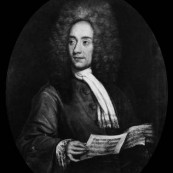

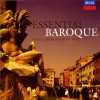
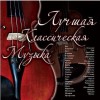
![Deutsche Grammophon Classic Gold [CD 2 of 3]](http://static.classicalm.com/repository/collection-cover/small/1315-img1361382127512512.jpg)
![Top 100 der Klassik [CD 2 of 5]](http://static.classicalm.com/repository/collection-cover/small/1365-img1372592354874210.jpg)
![Baroque Adagios [CD 1 of 2]](http://static.classicalm.com/repository/collection-cover/small/1324-img1362233059780943.jpg)
![Baroque Adagios [CD 2 of 2]](http://static.classicalm.com/repository/collection-cover/small/1325-img1362237166532140.jpg)

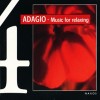
![Brilliant & Virtuoso Trumpet Concertos: Torelli, Molter, Albinoni, P. Baldassare, Hummel, Telemann, Fasch, Handel, L. Mozart, J. Haydn [CD 1 of 2]](http://static.classicalm.com/repository/collection-cover/small/1302-img1358974581236438.jpg)
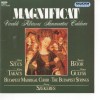

![The Top 100 Masterpieces of Classical Music 1685-1928 [CD1of10]](http://static.classicalm.com/repository/collection-cover/small/1353-img1372437248611603.jpg)
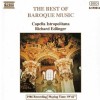

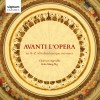

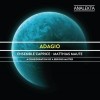
![The 100 Most Beautiful Melodies [CD 2 of 6]](http://static.classicalm.com/repository/disk-cover/small/2911-img1361460313445296.jpg)

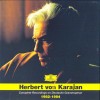


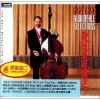
![Concerti a cinque Op. 9 for oboe and strings №2,5,8,11/Telemann – Sonatas & Concertos for oboe [CD 1 of 2]](http://static.classicalm.com/repository/disk-cover/small/3049-img1375274875391672.jpg)
